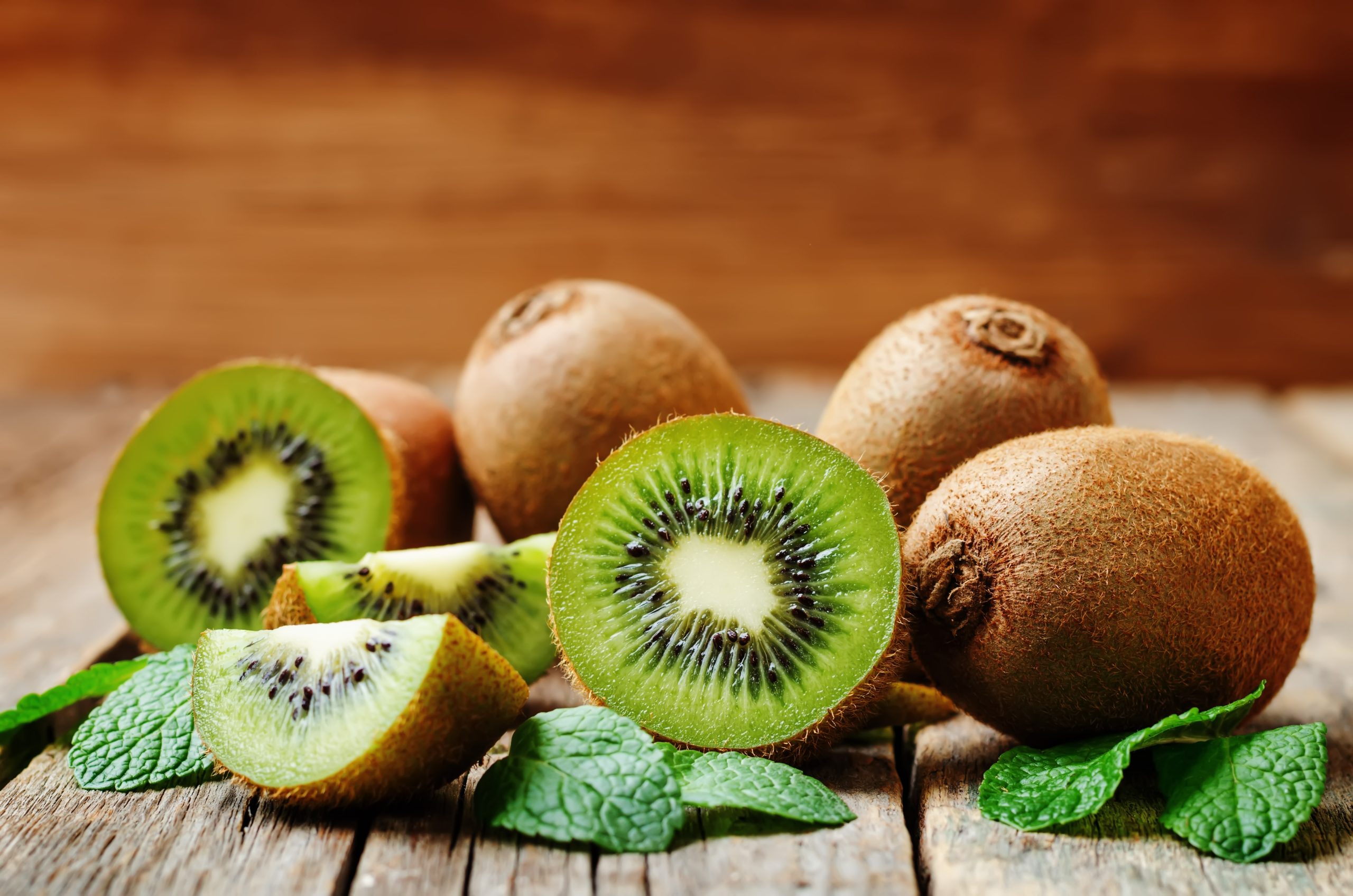New dietary roadmap for chronic constipation
A British research team has unveiled the first evidence-based nutrition guide for chronic constipation, recommending kiwis, rye bread, mineral water, and magnesium supplements as effective, natural options for symptom relief.

The British Dietetic Association has published what experts call the first comprehensive, evidence-based nutrition guidelines for managing chronic constipation.
Led by Dr. Eirini Dimidi of King’s College London, the multidisciplinary team reviewed dozens of studies to identify foods and supplements that have been scientifically proven to improve bowel health.
Dr. Dimidi noted that previous medical advice had been limited and often outdated. The new guide, she said, “offers clear, practical and effective dietary recommendations that can make a real difference for people struggling with chronic constipation.”
Fiber alone may not be enough
One of the most surprising findings was the lack of solid evidence supporting generic high-fiber diets as a one-size-fits-all solution.
Gastroenterologist Dr. Lisa Malter from Bellevue Hospital Center in New York, who was not involved in the research, emphasized that while fiber remains essential for overall health, its effects on constipation vary widely among individuals.
59 dietary interventions identified
The team analyzed randomized controlled trials — the gold standard in medical research — and identified 59 potential dietary interventions that can help regulate digestion. The most notable include:
Kiwis
Eating two to three kiwis daily for at least four weeks was shown to increase bowel movement frequency. Besides being rich in fiber, kiwis contain natural compounds that help soften stools and ease passage.
Rye Bread
Six to eight slices per day may boost bowel activity. Studies show rye bread, high in both soluble and insoluble fiber, can be as effective as laxatives — without the side effects.
High-Mineral Water
Drinking 0.5 to 1.5 liters daily can help relieve constipation when combined with other treatments. Magnesium-rich water is known to have natural laxative effects.
Recognizing an overdose of vitamin D – these are the signs your body shows
Magnesium Oxide Supplements
Daily doses of 0.5 to 1.5 grams reduced bloating and abdominal discomfort. Magnesium oxide draws water into the intestines, helping stools pass more smoothly.
Fiber Supplements
At least 10 grams of psyllium or other fiber supplements per day can help by increasing stool volume and moisture.
Probiotics
Certain strains — particularly Bifidobacterium lactis and Bacillus coagulans UIS2 — showed benefits in some cases, though the evidence is still limited.
Understanding chronic constipation
Chronic constipation is defined as fewer than three bowel movements per week, excessive straining, or passing hard stools for more than three months.
It affects up to 20 percent of adults worldwide, making it one of the most common digestive complaints.
Traditional treatment often involves laxatives or stool softeners, but experts now say dietary changes alone may offer lasting relief for mild symptoms.
Safe supplement use and expert warnings
Researchers caution that people increasing fiber intake should also drink more water to avoid bloating or cramping.
Magnesium-based products, meanwhile, may pose risks for individuals with kidney disease or those taking certain medications.
Nutrition expert Sue-Ellen Anderson-Haynes recommends consulting both a gastroenterologist and a registered dietitian to determine the best personalized approach.

